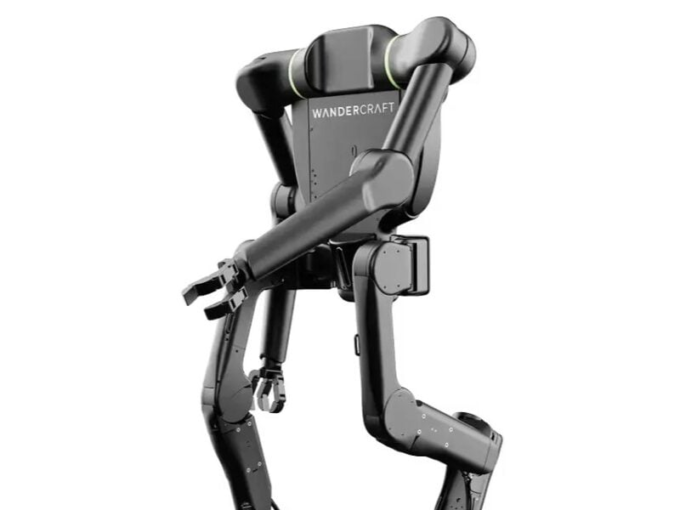Rather than going down the route of using humanoid robots, French car maker Renault is backing a startup developing exoskeleton technology.
Wandercraft in Paris is a medical electronics firm developing, manufacturing and marketing self-balancing exoskeletons, initially to help disable people to walk. It has already raised over €67m, including a €25m loan from the European Investment Bank (EIB). The value of the deal was not disclosed.
A commercial partnership agreement will see Renault support the development of the next generation robot, called Calvin-40, initially for industrial uses. Workers at Renault will use the Calvin system to help with tasks to speed up production.
This has a range of adaptable end-effectors that are customisable for various tasks such as carrying heavy objects or riveting panels. It uses the same medical-grade software that was developed for the first generation Atalente-X system that is used in six hospitals across Europe.
- The march of the humanoid robots
- Swiss drive maker teams for Chinese exoskeleton
- Bionic partnership sees Kulr move into robotics
The self-balancing capability comes from force sensors in the feet combined with AI balance algorithms for precise control of the centre of mass and reactive balance adjustments, while an optical and IR camera enables manipulation, navigation and obstacle avoidance. LED light strips communicate the status of the system to nearby operators for more safety.
At a later stage, the partnership will also include the industrialization of robots and exoskeletons by Renault Group to scale up production and drive down costs. This will help Wandercraft to bring its new exoskeleton Eve on the market and open new business opportunities in robotics.
German Bionics also makes an exoskeleton that is used in hospitals as well as at its local airport in Nuremberg and retailer Currys in the UK. It is working with US battery materials developer Kulr on the Apogee ULTRA exoskeleton to boost the power and AI capabilities.
Renault sees the exoskeleton as key for its vehicle assembly processes.
“This will allow us to accelerate on automation and to develop robots for our specific auto industrial use, giving us the opportunity to concentrate our people on more value-adding tasks and alleviate operators from painful and non-ergonomics duties,” said Thierry Charvet, Chief Industry and Quality Officer of Renault Group. “It will drive productivity through the acceleration of production time and costs’ reduction. In the end, it makes a lot of sense to combine Wandercraft’s unique expertise and technology in exoskeletons and robots, with Renault Group’s strong industrial capacity and design-to-cost know-how to bring the production of robots at scale”
“Renault Group’s investment marks a defining moment for Wandercraft. This partnership will boost our ability to build and scale high-impact, low-cost robotics that improve the everyday lives of real people—whether it’s helping individuals with disabilities walk or supporting industrial workers through automation — on the factory floor, in clinics and at home. We’re proud to combine our technology with Renault Group’s industrial excellence to deliver the next generation of mobile robotics” said Matthieu Masselin, CEO and co-founder of Wandercraft.
www.renaultgroup.com; www.wandercraft.com



Leave a comment